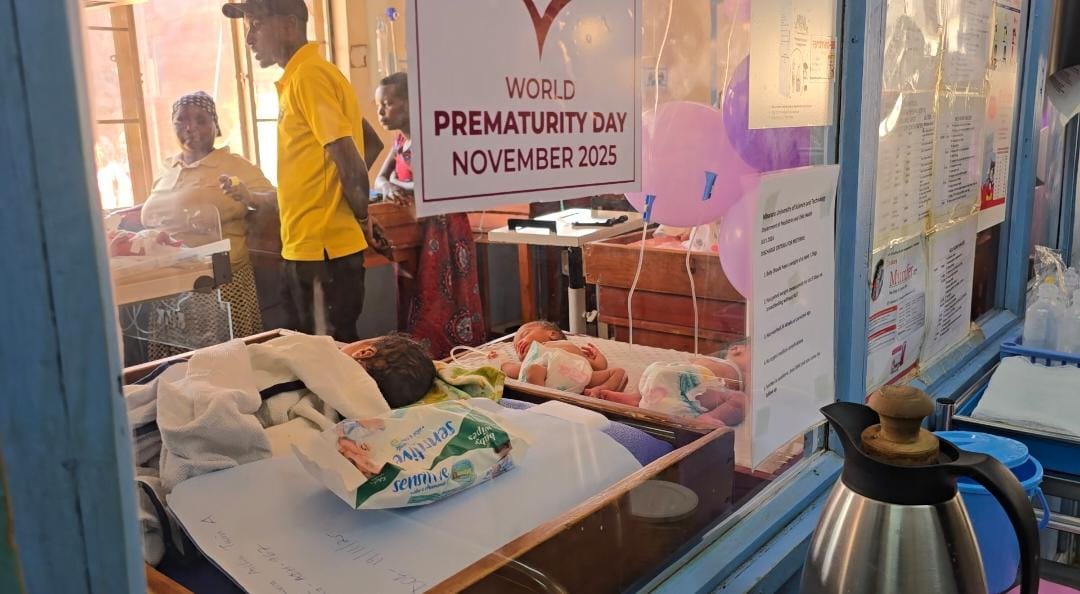Rwanda and the Democratic Republic of Congo (DRC) have taken a cautious but important step toward ending years of violent conflict along their shared border.
On July 31, 2025, both nations officially launched the Joint Oversight Committee to monitor the peace agreement signed in Washington, D.C. on June 27, 2025.
The peace deal, brokered by the United States and Qatar with support from the African Union (AU), came after months of tense diplomacy aimed at easing the crisis in eastern DRC.
The region, especially North Kivu, has been a hotspot of fighting between the Congolese army, the M23 rebel group, and local militias. The Kinshasa government continues to accuse Kigali of supporting M23 a claim Rwanda firmly denies.
The inaugural oversight meeting was held in a neutral location with observers from the U.S., Qatar, Togo (representing the AU), and the African Union itself. The committee discussed how to manage peace agreement violations, mediate disputes, and track progress on implementing the accord.
In a statement issued by Rwanda’s Ministry of Foreign Affairs on August 1, officials confirmed the adoption of rules of procedure, the election of co-chairs, and the creation of a Joint Security Coordination Mechanism. This body will play a key role in verifying ceasefire violations and improving trust between the two countries’ security forces.
“The African Union, Qatar, and the United States were present to ensure that the implementation of the agreement aligns with broader peace initiatives in the Great Lakes region,” read part of the official statement.
Although the launch of the committee marks progress, recent clashes in Masisi territory between M23 fighters and local militias threaten to derail the process. Additionally, the Congo River Alliance has accused Kinshasa of breaching the ceasefire, issuing a warning that could reignite tensions.
Humanitarian access in the region remains limited. Thousands of civilians have been displaced, and aid groups continue to call for safer conditions to reach those in need.
Regional experts caution that the peace process remains fragile and could collapse without immediate actions, such as deploying joint verification teams and appointing neutral observers to monitor activity on the ground.
“There is growing international pressure on both Rwanda and the DRC to show genuine commitment to peace,” said a political analyst based in Goma. “But without trust and transparency, the ceasefire may not last.”
Both governments expressed gratitude to their international partners, particularly the AU, Qatar, and the U.S., for facilitating the oversight process. Their next step is to convene the first official session of the Joint Security Coordination Mechanism.
While the peace deal offers a glimmer of hope, its success depends on the commitment of all parties to act beyond paper agreements. The launch of the Joint Oversight Committee is a step in the right direction but it must be followed by real action, accountability, and consistent monitoring to prevent a return to war.



